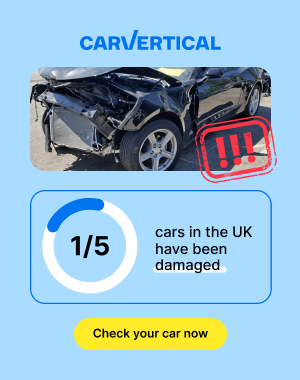Last week, we discussed Volvo Cars’ plan to transition to an online sales model as a larger quotient of its product becomes electrically driven. As luck would have it, the concept hasn’t been a runaway success with auto retailers. Vehicles becoming increasingly digitized, combined with the unparalleled consumer access offered by the internet, has made numerous manufacturers wonder why the dealership role couldn’t be diminished. After all, Tesla has done alright without a traditional sales network.
But Tesla didn’t have a gross of existing showrooms ready to make a fuss. Volvo has nearly 300 and dealerships are reportedly voicing their concerns as the manufacturer does what it can to assuage fears about the possibility of their being put out of businesses in the coming years.
It’s not new ground; showrooms have been expressing concerns since Volvo introduced its subscription program in 2017. Numerous dealers alleged that the automaker had violated state franchise laws by placing themselves into direct competition with their own dealer network. But Volvo tweaked the program so it would remain within the legal framework of most U.S. states.
This time around, the stakes seem a little higher. Volvo shops are not complaining about losing relevance in 2030 — the final year of the company’s planned conversion to an all-electric brand. They’re contemplating a world where they’ve been scaled down into little more than delivery hubs for customers that did their dealings with the factory online.
“Dealers always want to control the consumer experience from start to finish,” said Volvo Retail Advisory Board Chairman Ernie Norcross explained in an interview with Automotive News. “If we don’t control the buying experience, how are we anything but a delivery and service center?”
Norcross, who also owns a showroom in Memphis, TN, added that franchisees have come to him in a state of dismay over what the future holds for their business. It’s becoming a familiar tune as increasingly more automakers toy with the idea of pushing online sales, often starting with EVs. There’s a clear worry among dealerships that they’re gradually being forced out of the industry while manufacturers move in on their territory.
“Will the margin compensation for [battery electric vehicles sold online] be the same?” Norcross mused. “We are currently having that conversation.”
Volvo CEO Håkan Samuelsson has already signaled that it’s to be full steam ahead, however. Going electric and swapping to digital sales are now essential aspects of the brand’s long-term strategy.
“I am totally convinced there will be no customers who really want to stay with a petrol engine,” he explained to the press last week. “We are convinced that an electric car is more attractive for customers.”
Though he suggested that dealers will still play an important role in informing customers about the car, even if they won’t need to know as much about financing or how to write up a lease agreement (as that will be done by the factory via the internet). Meanwhile, Volvo Cars USA CEO Anders Gustafsson has been trying to convince salespeople that their jobs will remain intact as he frames everything as an exploratory initiative to test the viability of the online retail program.
“We have been very clear with that,” he said. “We will, of course, push things a little bit and see if we can develop this industry, especially related to digitalization.”
Ultimately, we’re inclined to buy into the premise that this is a trial run to see if the digital model works. But a successful test would seem to indicate a sort of lingering death for the traditional dealership. At the very least, staffing requirements will be scaled back immensely as more people do their business over the internet. The logical conclusion to this program brings us back to those concerns shared with Mr. Norcross, where dealerships just end up as corporately sanctioned service centers.
[Image: Volvo Cars]


